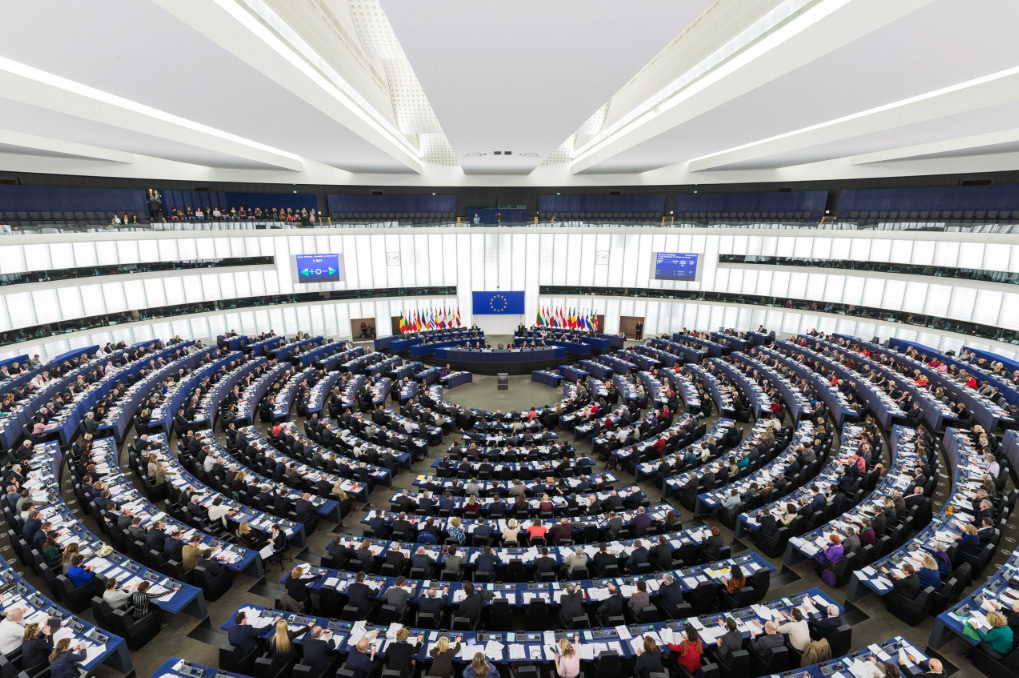Members of the European Parliament have approved legislation to revise copyright laws in a decision that has both angered and relieved some internet users because of conditions it may place on content providers.
This directive was originally blocked in July because of criticism over two controversial elements called Articles 11 and 13. These have been revised since that draft but remain substantially as they were.
Article 11 is concerned with "protection of press publications concerning digital uses" and opponents say it amounts to a tax on sharing articles. It's being called a "Link Tax" and the directive does concern "fair and proportionate enumeration."
However, Article 11 also explicitly states that this "shall not extend to acts of hyperlinking."
Article 13 is about the misuse of copyright works with users uploading material they don't have rights to. Opponents including Tim Berners-Lee, inventor of the web, have lobbied the European Union, arguing that Article 13 will cause "damage... to the free and open internet as we know it".
The aim of the directive, though, is specifically to target commercial platforms whose main purpose is to provide access to this material.
In an open email to Antonio Tajani, President of the European Parliament, Berners-Lee and others maintain that this isn't enough.
"In particular, far from only affecting large American Internet platforms (who can well afford the costs of compliance), the burden of Article 13 will fall most heavily on their competitors, including European startups." claimed the letter.
Before the vote, Stephen Fry tweeted his thoughts on the matter.
#Article13 threatens EU creators, leaving us vulnerable to censorship in copyright's name. Don't believe the creepy pretence that it's there to protect © holders. It's about putting power in the hands of media corporations. We can stop it! Contact your MEP https://t.co/xwFpzW6sIY
— Stephen Fry (@stephenfry) June 28, 2018
Proponents of the directive argue that if this is correct then the result will be that smaller platforms won't show copyrighted works and larger ones will pay to do so. That's exactly the stated aim — to get creators of material paid for their work.
There is the argument that this will require platforms to monitor and check every single item uploaded to them and that is a significant burden. However, the directive's aim is not to block everything until checked, with the proposed legislation saying that "non-infringing works and other subject matter shall remain available."
How this kind of positive vetting might actually work in practice is an issue and isn't addressed by the directive. Laws in the United States at present have provisions protecting internet providers from violations by users of the services — but those "Safe Harbor" protections have been challenged on multiple occasions.
Wednesday's vote in Strasburg was 438 in favor, 226 against, with 39 abstentions. The Directive on Copyright in the Digital Single Market will now go ahead to a final vote in January 2019. If it is passed into law then there will be a further delay as each member country of the European Union enacts its own versions.
 William Gallagher
William Gallagher







-m.jpg)






 Marko Zivkovic
Marko Zivkovic
 Wesley Hilliard
Wesley Hilliard
 Christine McKee
Christine McKee


 Malcolm Owen
Malcolm Owen

 Andrew O'Hara
Andrew O'Hara







16 Comments
Lol. Copyright protection. Right.
I wonder, how much time it will take before it is used to silence the critics of the EU on the grounds of copyright violation. This future law makes no sense, unless you wanna create an easier way to shut people up, without inviting too much attention during earlier stages of transitioning from the EU into the EUSSR, when this whole process is in its most vulnerable state.
After reading this article I still can't understand the issues.
Another nail in the coffin for the EU, perhaps.